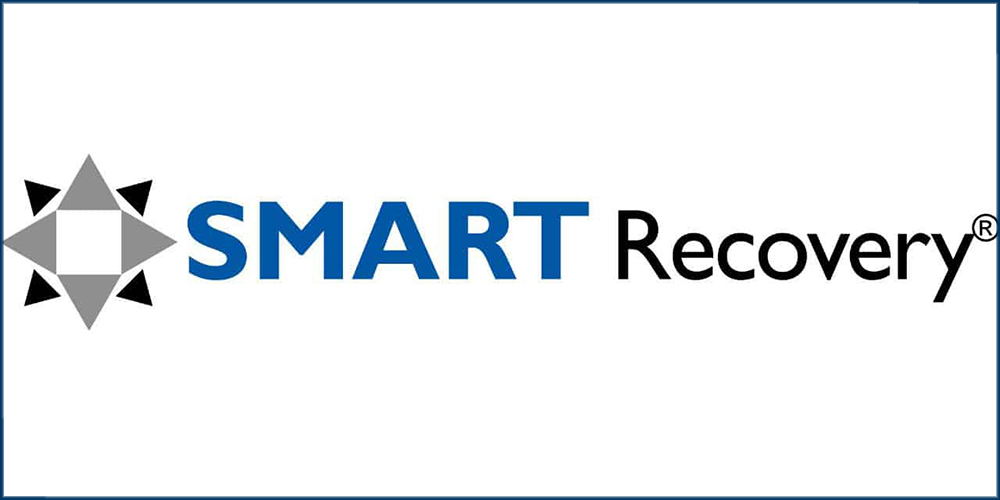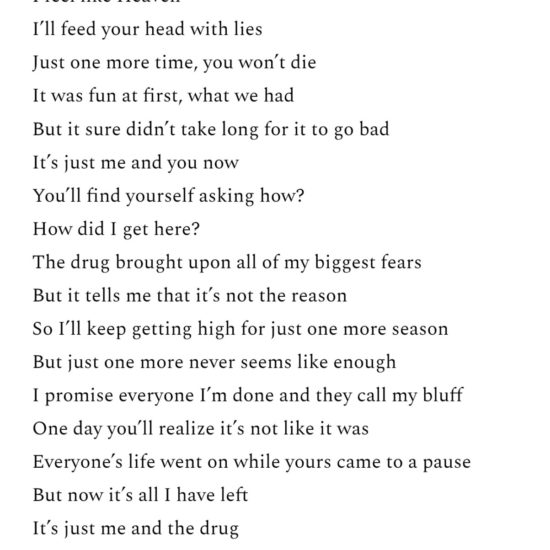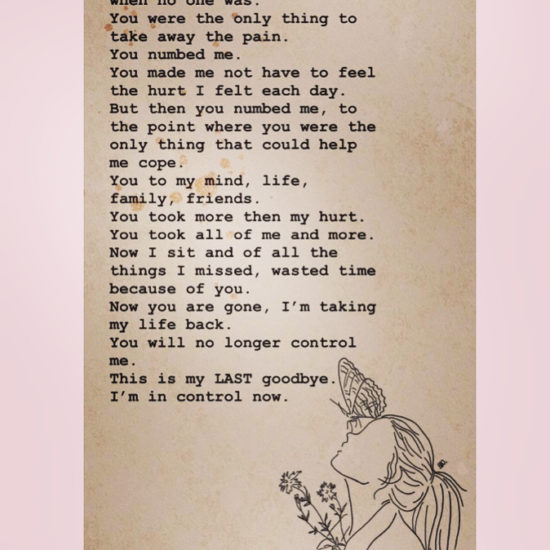
(The following excerpts are copied and pasted into this article directly from Smart Recovery’s main website. None of this information has been paraphrased or worded differently than how it appears on their website)
_________
If you want to address any addiction or harmful habit, SMART Recovery can help. Major changes can be overwhelming. SMART’s practical tools and social supports are proven effective to support and sustain successful long-term life change.
Harmful habits include substance addictions (to alcohol and other drugs), as well as activity addictions(to behaviors like sex, relationships, spending, gambling, eating, exercise, and self-injury). No matter your harmful habit, SMART can help you change it.
SMART is not just any mutual-support program. Our science-based approach emphasizes self-empowerment and self-reliance. There’s no lifetime commitment; you decide when the time is right to move on.
You choose how to personalize your own plan for successful change. SMART can be used both as a stand-alone program or in combination with other recovery paths. SMART Recovery recognizes the only one who can become truly expert on your recovery is you.
This program offers specific tools and techniques for each of the points:
1. Building and Maintaining Motivation
2. Coping with Urges
3. Managing Thoughts, Feelings and Behaviors
4. Living a Balanced Life
People using the SMART Program:
Move away from addictions and toward satisfying lives
Learn tools and techniques for self-directed change
Benefit from improved tools as scientific knowledge of addiction recovery evolve.
About Smart Recovery
SMART Recovery is an abstinence-oriented, not-for-profit organization for individuals with addictive problems. Our self-empowering, free mutual support meetings focus on ideas and techniques to help you change your life from one that is self-destructive and unhappy to one that is constructive and satisfying.
SMART Recovery does not use labels like “addict” or “alcoholic.” We teach scientifically validated methods designed to empower you to change and to develop a more positive lifestyle. After you have become familiar with SMART and are free of any addictive behavior, we encourage you to become a volunteer, so that we can keep expanding the number of meetings we offer.
Addictive behaviors can serve a purpose — to cope with life’s problems and emotional upsets. There can be drawbacks, however: while addictive behaviors may be effective coping methods in the short term, but they may cause harmful problems in the long term.
In SMART we focus on learning coping skills that work well short- and long-term. We base our ideas on what addiction science has shown to be effective. We have adapted these ideas into SMART’s tools for change.
We are not much concerned with the past, except to learn from it. We focus on present-day events and the causes of self-destructive behaviors. We concentrate on what to do about them to achieve a positive lifestyle change, especially in the areas of our lives that are related to harmful addictive behavior.
Key Areas of Awareness and Change
SMART Recovery’s approach to behavioral change is built around our 4-Point Program®:
(1) Building and maintaining the motivation to change.
(2) Coping with urges to use.
(3) Managing thoughts, feelings, and behaviors in an effective way without addictive behaviors.
(4) Living a balanced, positive, and healthy life.
Motives and Goals
Motivation is a key element in nearly all you do. Consider that all human beings share several primary goals: survival, the avoidance of pain, happiness. Any addictive behaviors you engage in are to pursue these primary goals.
We can help you see that you may be meeting these goals short-term but impairing your ability to meet them in the long-term.
Beliefs
What you believe about addiction is important, and there are many beliefs to choose from. You may believe, for example, that you’re powerless, or that after the first drink you lose all control and can’t stop.
These beliefs may actually be damaging to you. Similar examples include, “I’ve tried and failed, so I can’t do it. I need alcohol to cope.” Or, “Because I’ve tried to quit and failed, I’m no good.”
Those beliefs, and many like them, can’t be justified because the evidence just doesn’t support them. We will help you identify, examine, and modify your beliefs about yourself, your problems, and how to change.
Emotions
People often engage in addictive behavior to cope with emotional problems, including anger, guilt, anxiety, and low self-esteem. SMART Recovery teaches you how to diminish your emotional disturbances and increase self-acceptance. Then you can have greater motivation and the ability to change and to live more happily.
Behaviors
Changes in thinking and emotions alone are not enough. Commitment and follow-through are essential. We encourage participants to become involved in enjoyable activities that replace their problematic addictive behaviors.
How SMART Provides Help
Our meeting format is straightforward and organized. Our facilitators are trained to follow the SMART Recovery program and principles to help participants change their behavior. Some of them have had addictive problems, and some haven’t. That doesn’t seem to make any difference.
Remember, SMART Recovery is a mental health and educational program, focused on changing human behavior. SMART Recovery meetings are serious but often fun. We don’t dredge up the past, about which we can do nothing. We can do something about the present and the future.
Our meeting discussions focus on how to apply SMART’s tools for change so that you can go on to lead a more productive and connected life. Near the end of the meeting, the “hat” is passed for donations, which are encouraged but not required.









